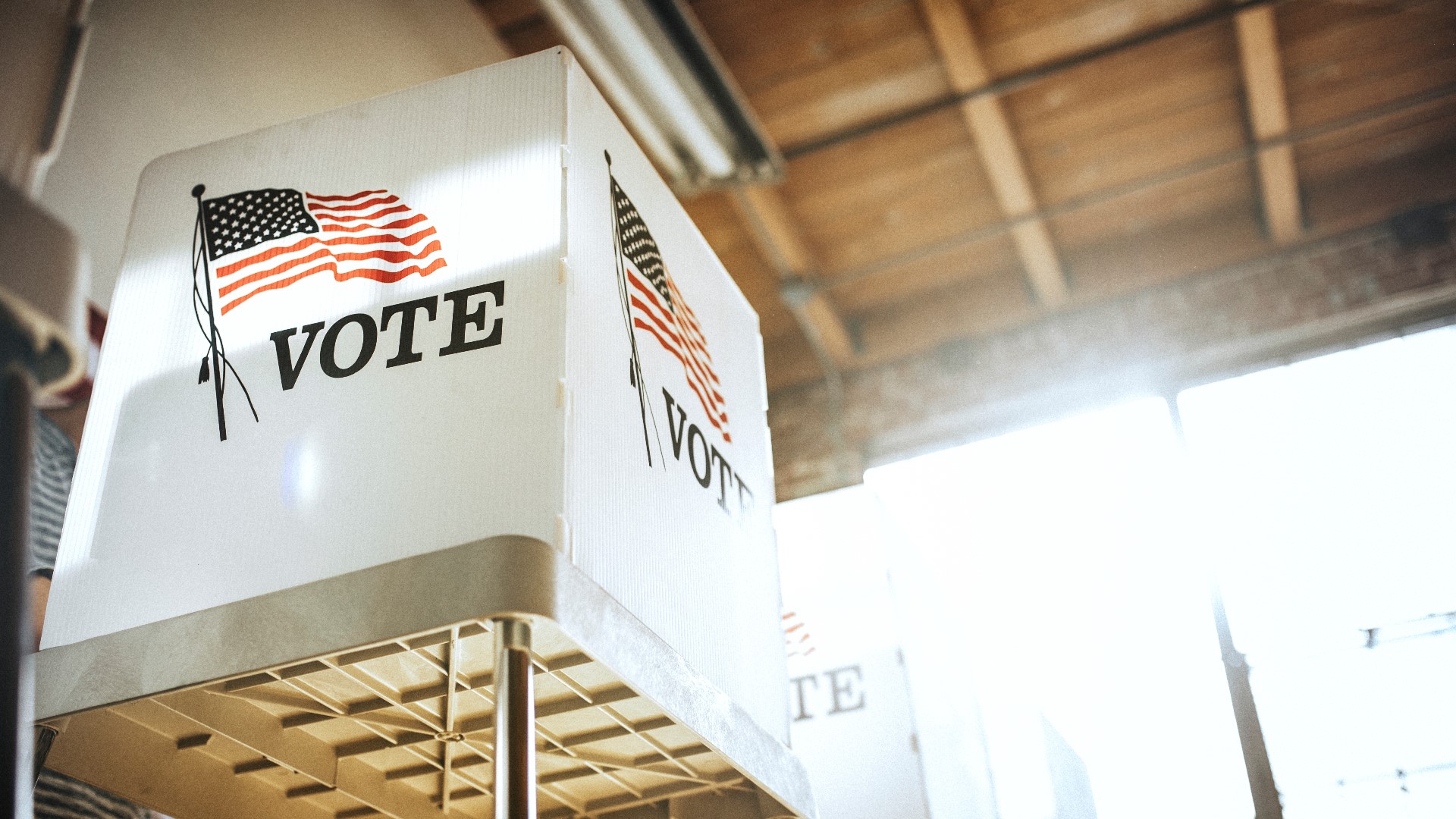ATLANTA — Odds are you've received a call, text or email from a campaign or candidate trying to win your vote. However, the Better Business Bureau warns voters should be on alert as scammers use the same approach.
"Scammers prey on emotions," Simone Williams, a spokesperson for the agency, explained. "Criminals are pretending to be affiliated with your party or your candidate."
While actual campaign supporters call people to conduct surveys or solicit donations, Williams said scammers often do the same thing.
"[Voters] might receive a poll, survey or donation request that appeals to the person of passion, belief or desire to take action," Williams said. "But it really can be an attempt to steal your personal information."
As a result, Williams advised watching for unsolicited phone calls, texts and emails, especially hyperlinks which can trick voters into visiting a fake version of a candidate's website or even result in malware on your device.
According to Williams, while legitimate pollsters might ask for demographic information or want to know what party you support, a scammer will push for more.
"They don't need personal information, such as your birth date, social security, or financial information," Williams said, adding such requests are a red flag.
Local elections offices, too, can be a resource for questions and concerns, Zach Manifold, the elections supervisor for Gwinnett County, said.
"Voters can always reach out to your local county board of elections and they'll definitely get you an answer," Manifold said.
Midterm election cybersecurity tips
- See prizes as a red flag. Legitimate pollsters don't usually offer a prize for completing a survey.
- Know what pollsters don't need. They might ask for demographic information or what party you most align with, but they don't need personal information like birth dates, social security numbers or financial information. No state offers voter registration by phone.
- Don't answer unknown numbers. Con artists can't trick you if they can't get in touch.
- Listen to your gut. If something seems off, protect yourself. If in doubt, check with your local election office.
- Don't provide information in response to an unsolicited message. The entities that need your account and personal information already have them.
- Do report suspicious activities to BBB's Scam Tracker.

